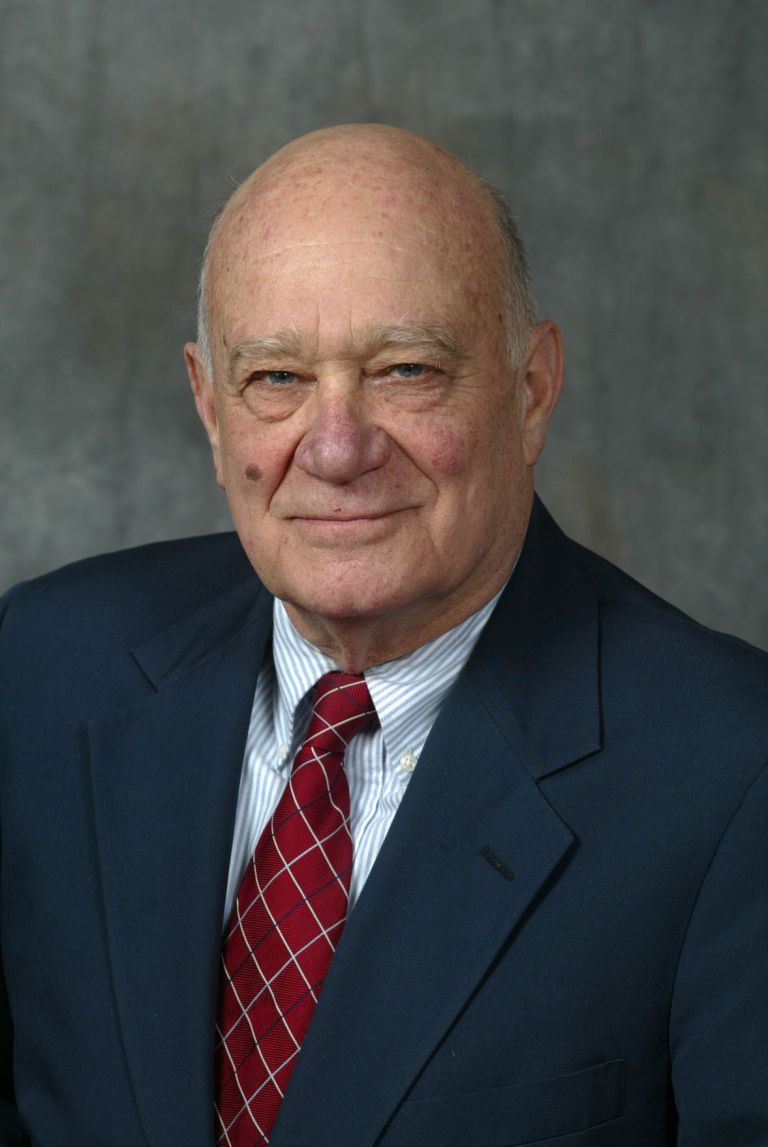
A “Tipping Point” is approaching for the demise of tackle football.
The game will end first for pre-collegiate players. Indeed, some academically acclaimed, Phi Beta Kappa colleges have already ended the sport, including Swarthmore and Hofstra (where I taught for 55 years).
I grew up in a football-crazed community that cherished championship seasons.
Not surprising that I have emotional ambivalences about joining the rising chorus to abolish tackle football.
My vivid sports’ memories include the extensive training discipline of football, the geometrics of designing and running plays, as well as the camaraderie among teammates, coaches, school friends and our community.
In 1947, I played my first game at Nyack Boys School. Those young men (already neck-tie clad) existed in a socially privileged world compared to our ethnic community (none of our parents were college graduates; few had made it into high school).
Commentators often refer to the agony and ecstasy of football. I have experienced both.
For me, the scales now tip emphatically toward abolition of the game.
My Sparkill Sparks won that ‘47 game 12-0. Although I scored both touchdowns, I was disappointed because I yearned to be the quarterback, not the wide receiver who caught his passes.
All of us growing up in the 1940s cheered for West Point, “The Black Knights of the Hudson.”
The stars on “Army’s” team were Glenn Davis and Doc Blanchard, but when I heard that the coach Earl “Red” Blaik said, “The quarterbacks of today are the generals of tomorrow,” I knew my position goal.
When I played on the Tappan Zee High School championship team in 1949, I was one of two freshmen to earn a varsity letter.
Although I was the third-string quarterback, I can still vividly remember the first pass I threw; it went for a touchdown.
In full disclosure, I confess I was so nervous that I thought I would fumble or throw an interception.
Luckily for me, I only had to toss the ball less than 10 yards, after which Joe “Mercury” Mercurio sped another 60 yards for a touchdown.
As teenagers, presidential candidate Ben Carson and I shared visions of West Point.
When I won a New York State 440-yard championship while running on the West Point track in spring 1951, enthusiasm was fueled among teachers and community leaders that I might receive an Academy appointment.
However, a September day in fall 1951 ended my West Point dreams. As TZ starting quarterback, I was so seriously injured that I received Last Rites of the Catholic Church at Nyack Hospital.
The headline for the Journal News was: “Loss of D’Innocenzo Tough Blow for Dutchmen.”
More important than athletic kudos thrown my way were concerns about whether parents would demand that their sons quit the game because of its dangers.
Dear reader, I will spare you the grisly details. But if you follow NFL football and heard about renowned quarterback Andrew Luck, “sidelined with a lacerated kidney,” my injury was worse.
Emergency exploratory surgery seeking the source of internal bleeding left me with a scar that circles from my navel to the middle of my back.
With my innards exposed, the remarkable Dr. Ciancimino removed my kidney (which had been split in half from impact).
That was the end of all my contact sports in high school (including basketball, so defined in those days), and the end of West Point aspirations.
Although it took me months to recover from losing a kidney, from traumatic surgery, and from a long hospital stay, the injury did not end my love of football.
My disenchantments with the violence of tackle football proceeded slowly, but inexorably.
As momentum accelerated by critics, I continued to move toward their “end zone.”
While I can still appreciate the appeals of football, they are no longer sufficient for me to support its continuation.
I do understand that football spurs athletic skills, that it fosters team spirit (for players and fans, including the ritual pageantry of uniforms, bands and cheerleaders), that it can be savored as spectators (especially for those who have played the game).
Current realities deter efforts to end college and professional football; they are deeply driven by money and television.
However, it would be a descent into unreality to ignore the mounting evidence of injuries (worse than coal mining): concussions, long-term disabilities, and more than 100 deaths since 2005 (11 high school players died in the past 4 months). How many of you would join the impressive lists of parents (including star athletes) who will not allow their children to play tackle football?
The brutal consequences of tackle football almost caused President Theodore Roosevelt to abolish the “sport.”
As we approach the 2016 election year, this is the time for more colleges and for all schools to end tackle football.
The important joys of the sport can be sustained by moving to flag football. [To be continued, with assists from Dr. Ben Carson]






